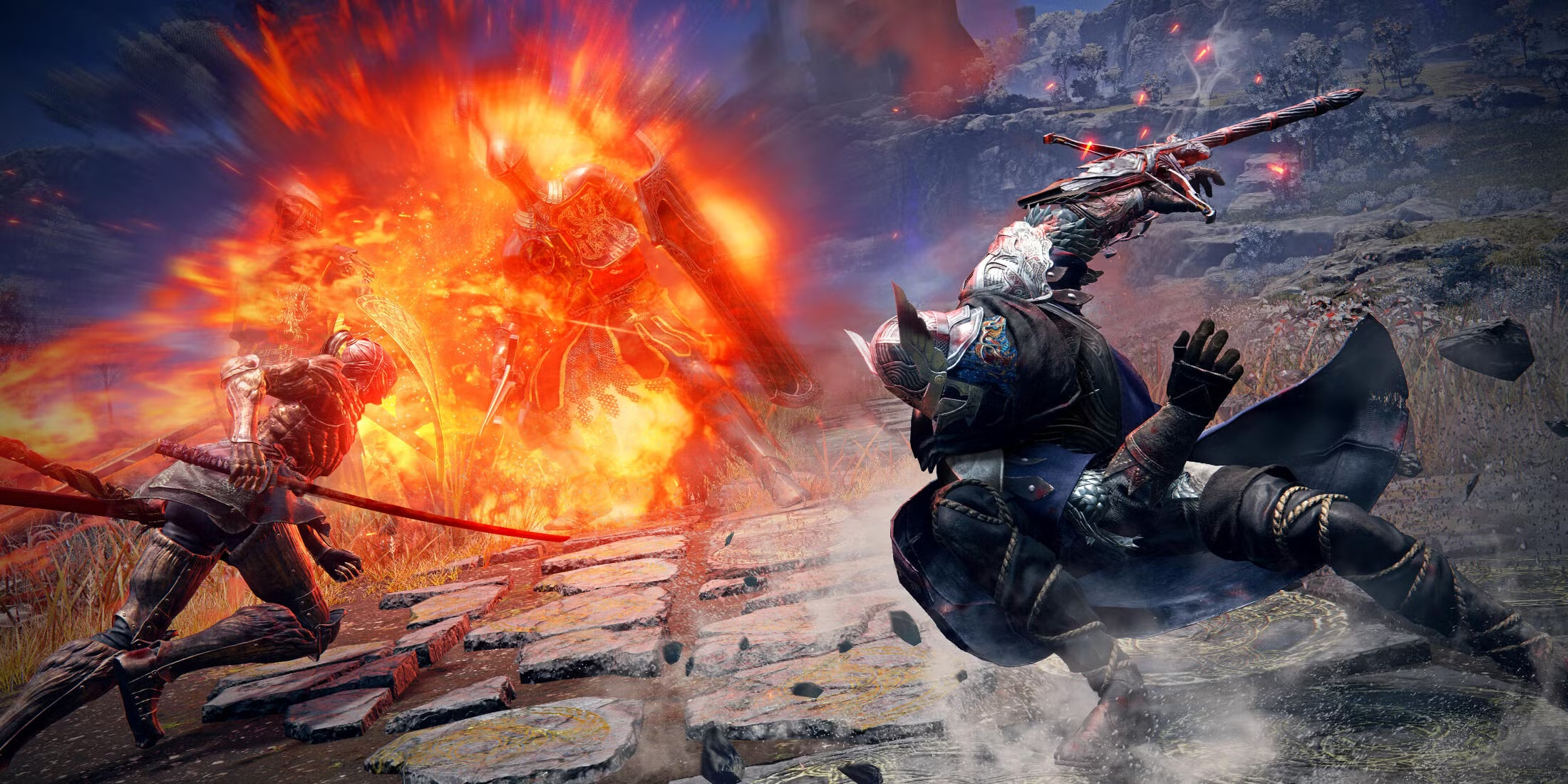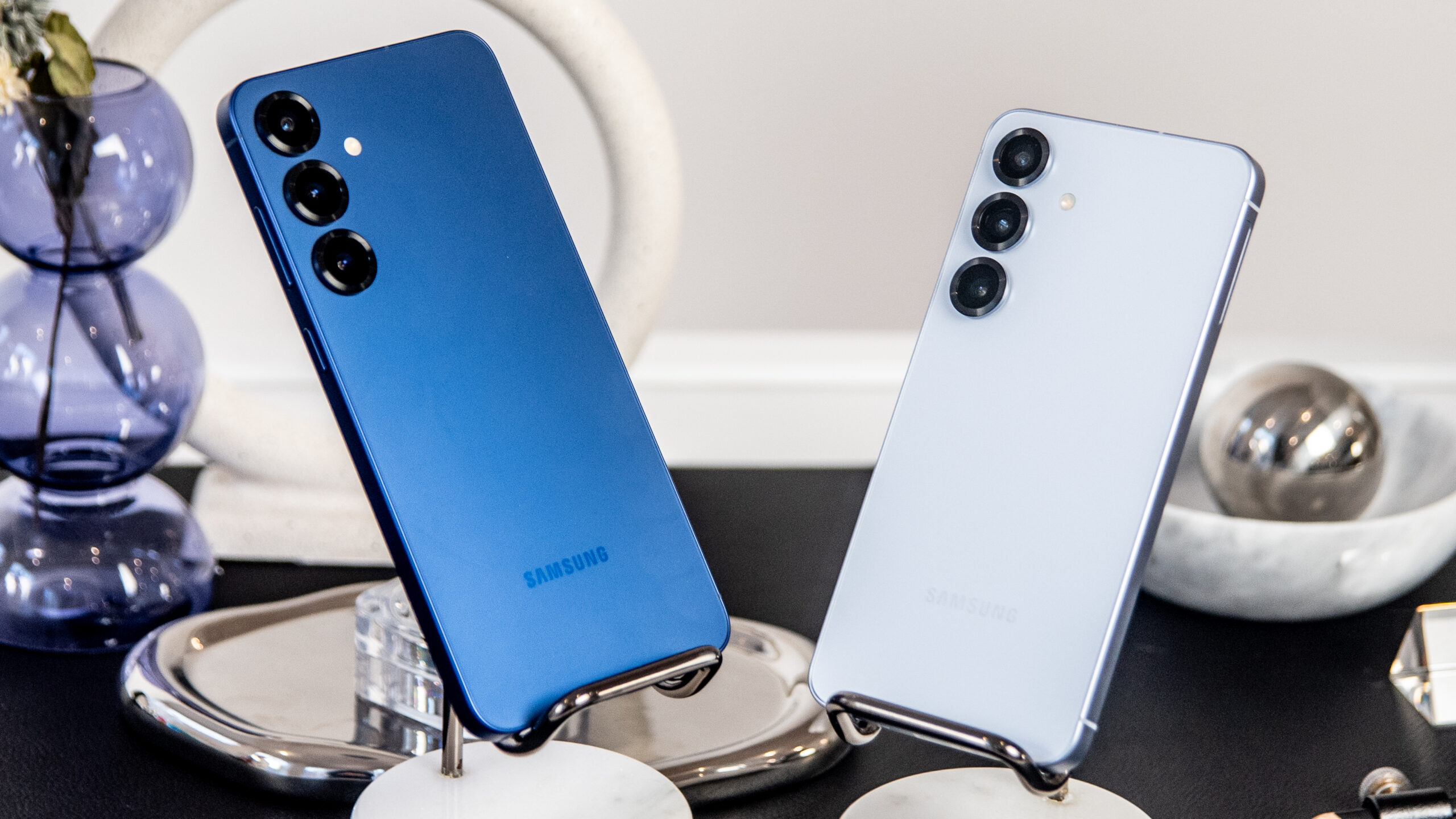In the fiercely competitive landscape of artificial intelligence, Google is reportedly employing a strategic tactic to enhance its latest AI model, Gemini. Sources reveal that Google is leveraging Anthropic’s Claude, a rival AI model, as a benchmark to evaluate and potentially refine Gemini’s capabilities. This revelation highlights the intense competition among tech giants in the race to develop the most advanced and versatile AI systems.
Google’s approach involves utilizing Claude alongside Gemini to respond to various prompts and queries. Contractors are then tasked with comparing the responses generated by both models, assessing them based on criteria such as accuracy, coherence, and conciseness. This comparative analysis allows Google to identify areas where Gemini excels or falls short compared to Claude, providing valuable insights for further development and optimization.
This strategy of utilizing a competitor’s model for benchmarking is not uncommon in the tech industry. However, it has raised questions about whether Google has obtained explicit permission from Anthropic to use Claude for such purposes. Anthropic’s terms of service reportedly prohibit using its models for developing competing products. While Google has not officially confirmed the extent of Claude’s involvement in Gemini’s development, the reports suggest a strategic move to leverage competitive insights in the pursuit of AI excellence.
A Deep Dive into the AI Titans: Gemini and Claude
To understand the implications of Google’s strategy, it’s essential to delve deeper into the capabilities of both Gemini and Claude.
Gemini: Google’s latest large language model (LLM), designed to be multimodal, highly efficient, and adaptable to various applications. It is expected to power a wide range of Google products and services, from search and assistants to content creation and translation.
- Multimodal: Gemini can process and generate different types of data, including text, images, code, and potentially audio and video.
- High Efficiency: Gemini is designed to be computationally efficient, enabling faster response times and reduced resource consumption.
- Versatile Applications: Google envisions Gemini as a foundational AI model that can be adapted to diverse tasks and domains.
Claude: Developed by Anthropic, Claude is a powerful LLM focused on safety and ethical considerations. It is designed to be helpful, harmless, and honest, with a strong emphasis on mitigating biases and harmful outputs.
- Constitutional AI: Claude is trained using a technique called Constitutional AI, which aims to align the model’s behavior with human values and ethical principles.
- Safety and Harmlessness: Anthropic prioritizes building AI models that are safe, reliable, and avoid generating harmful or misleading information.
- Strong Reasoning and Contextual Understanding: Claude demonstrates impressive capabilities in understanding complex prompts and generating coherent and contextually relevant responses.
Why Google Might Be Using Claude to Improve Gemini
Google’s reported use of Claude for benchmarking Gemini can be attributed to several key factors:
- Competitive Analysis: By comparing Gemini’s performance against Claude, Google can gain valuable insights into the strengths and weaknesses of its own model relative to a strong competitor.
- Identifying Areas for Improvement: Analyzing the discrepancies between Gemini’s and Claude’s responses can highlight specific areas where Gemini needs further refinement, such as factual accuracy, reasoning abilities, or creative writing.
- Validating Performance: Benchmarking against a well-regarded model like Claude can provide external validation for Gemini’s capabilities and help ensure it meets high standards of performance.
- Staying Ahead of the Curve: In the rapidly evolving field of AI, continuous benchmarking and improvement are crucial for maintaining a competitive edge. Google’s use of Claude reflects its commitment to staying at the forefront of AI innovation.
Ethical and Legal Considerations
While benchmarking against competitors is a common practice, Google’s use of Claude raises some ethical and legal questions.
- Terms of Service: Anthropic’s terms of service reportedly restrict the use of its models for developing competing products. It remains unclear whether Google’s activities fall within the permissible boundaries of these terms.
- Intellectual Property: Utilizing Claude’s outputs for training or improving Gemini could potentially raise concerns about intellectual property rights and fair use.
- Transparency and Disclosure: Increased transparency about how Google is using Claude would be beneficial for maintaining trust and fostering open collaboration in the AI community.
The Future of AI Competition
Google’s reported use of Claude to improve Gemini underscores the intensifying competition in the AI landscape. As tech giants race to develop increasingly sophisticated AI models, we can expect to see more instances of competitive benchmarking and strategic collaborations.
This competition is not only driving rapid advancements in AI capabilities but also raising important questions about ethical development, responsible use, and the potential impact of AI on society. As AI continues to evolve, it is crucial for companies like Google and Anthropic to prioritize transparency, safety, and ethical considerations alongside their pursuit of technological innovation.
My Personal Take:
Having closely followed the development of both Gemini and Claude, I find Google’s reported strategy to be both intriguing and indicative of the current state of the AI field. It highlights the intense competition and the drive to push the boundaries of what AI can achieve. However, it also underscores the need for clear ethical guidelines and responsible practices to ensure that AI development benefits humanity as a whole. I believe that transparency and collaboration will be crucial for navigating the challenges and opportunities that lie ahead in the age of AI.









Add Comment